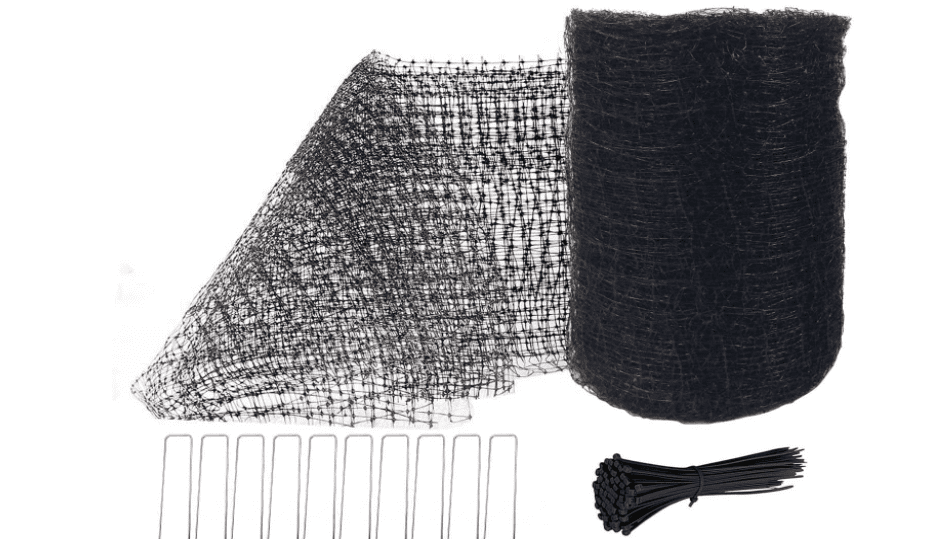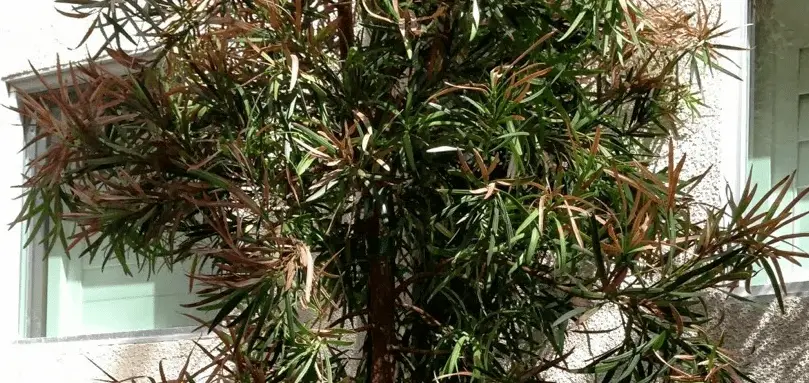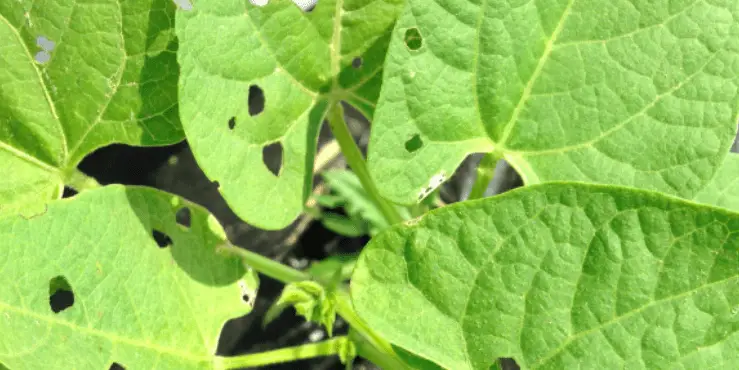In the wild, deer are known to eat a variety of plants, fruits, and vegetables in order to survive. However, there is some debate over whether or not deer will eat anemones. In this article, we’ll take a look at the evidence to see if deer really do eat anemones.
Do Deer Eat Anemone?
It is not common for deer to eat anemone plants. In fact, they are known as deer-resistant plants. However, if deer have nothing else to eat, they may nibble on an anemone. There’s nothing attractive or tasty about anemones to deer, so they will only eat them if they are desperate and no other food is available.
Deer can also trample anemone plants. While they are not likely to eat them, deer can cause damage to anemone populations by trampling the plants. This is especially true in areas where deer populations are high and there is not enough food for them to eat.
How to Protect Anemone from Deer?
If you have an anemone plant in your garden, there’s no need to worry about deer eating it. They are more likely to avoid it than to eat it. However, if you do find that deer are damaging your anemones, there are a few things you can do to deter them.
1. Fencing
The simplest way to keep deer away from your anemones and other plants are to build a fence around your garden. Deer can jump, so the fence will need to be tall enough to deter them. A good height for a deer fence is at least eight feet.
You can also use electric fencing to keep deer away from your anemones. Electric fences are effective, but they require more maintenance than traditional is to build a fence around them.
Netting is another option for keeping deer away from your anemones. Netting can be placed over the plants to protect them from being eaten or trampled by deer. I like this fence netting from Amazon as it’s economical, durable, and easy to install.

2. Hanging Baskets
If you have anemone plants in hanging baskets, you can protect them from deer by suspending the baskets from a tree or other structure. This will make it difficult for deer to reach the plants and eat them.
Simply plant your anemones in a hanging basket and then suspend them in an area that deer cannot reach. This is a great option if you don’t want to build a fence around your entire garden.
I like to use nylon cord or fishing line to suspend my baskets as it’s strong and invisible.
3. Deer Repellents
There are a variety of deer repellents on the market that can be used to deter deer from eating your anemones. These repellents work by either making the plants taste bad or by smells that deer don’t like.
Natural options also exist, such as using soap or garlic to make the plants taste bad. You can also make your own deer repellent by mixing water, vinegar, and peppermint oil.
Simply spray the deer repellent on your anemones and other plants to deter deer from eating them. Be sure to reapply the repellent after it rains or if the plants get wet as it will rinse away.
4. Remove food sources
If you have other plants in your garden that deer like to eat, they may be attracted to your anemones as well. To deter deer from eating your anemones, remove any other food sources that they may find appealing.
This includes removing any fallen fruit from trees, picking up ripe fruits and vegetables from the ground, and trimming back any plants that deer like to eat. By removing these food sources, you’ll make your garden less attractive to deer and they’ll be less likely to damage your anemones.
5. Sprinklers
An easy way to deter deer from eating your anemones is to install a sprinkler system in your garden. Deer don’t like getting wet and will avoid areas that are sprayed with water. You can find automatic sprinkler systems at most home improvement stores. Simply set the timer and the sprinklers will turn on and off as needed.
The randomness of the sprinklers will also deter deer as they will never know when the water will turn on. This is a great option if you don’t want to build a fence or use repellents.
Can Anemone Be Used as Deer-Resistant Fencing?
Yes, anemone can be used as deer-resistant fencing. The plant has a strong, offensive smell that deters deer from coming into contact with it. Additionally, the plant grows fairly tall and can create a dense barrier, making it difficult for deer to enter your garden.
If you’re looking for a natural way to keep deer out of your garden, consider planting anemone around the perimeter. Just be sure to plant it in an area that gets plenty of sunlight as the plant does not tolerate shade well.
Conclusion
In conclusion, deer dislike eating anemones due to the plant’s strong smell. Additionally, the plant can be used as deer-resistant fencing as it grows tall and creates a dense barrier. If you’re looking for a natural way to keep deer out of your garden, consider planting anemone around the perimeter.
As you can see, there are a number of ways to keep deer away from your anemones. By using fences, netting, repellents, or sprinklers, you can deter deer from eating your plants. Choose the method that best suits your needs and budget and enjoy watching your anemones grow without fear of them being eaten.
Do you have any tips for keeping deer away from plants? Share them in the comments below!
Tim is an avid gardener from the UK. He was the founder of PlantCarer.com from 2021 to Sep 2023. He sold PlantCarer.com to Aaron. He has since started his own business called Seed To Supper, which provides new gardeners all the materials you need in a box (pots, seeds, compost and instructions) to grow your own delicious and nutritious vegetables and herbs from start to finish – no garden required.









0 Comments